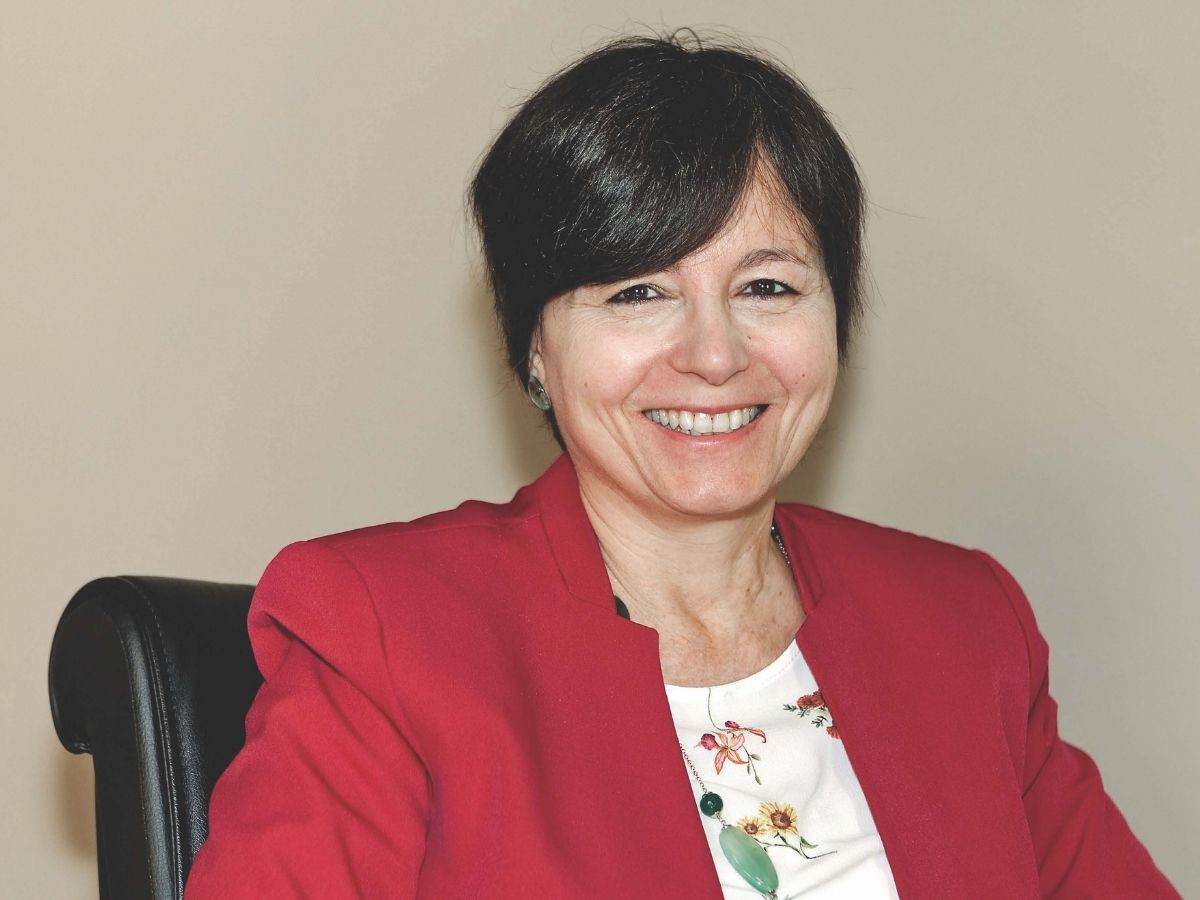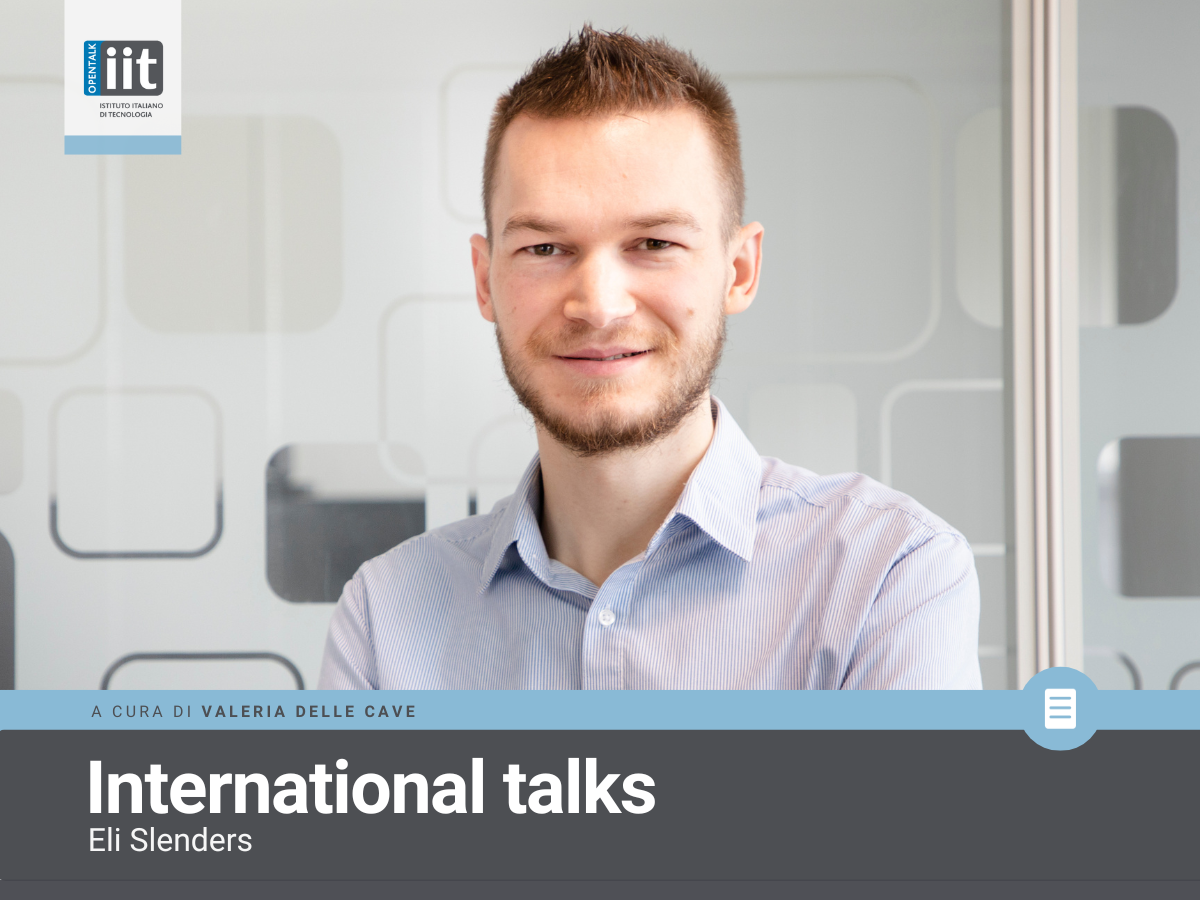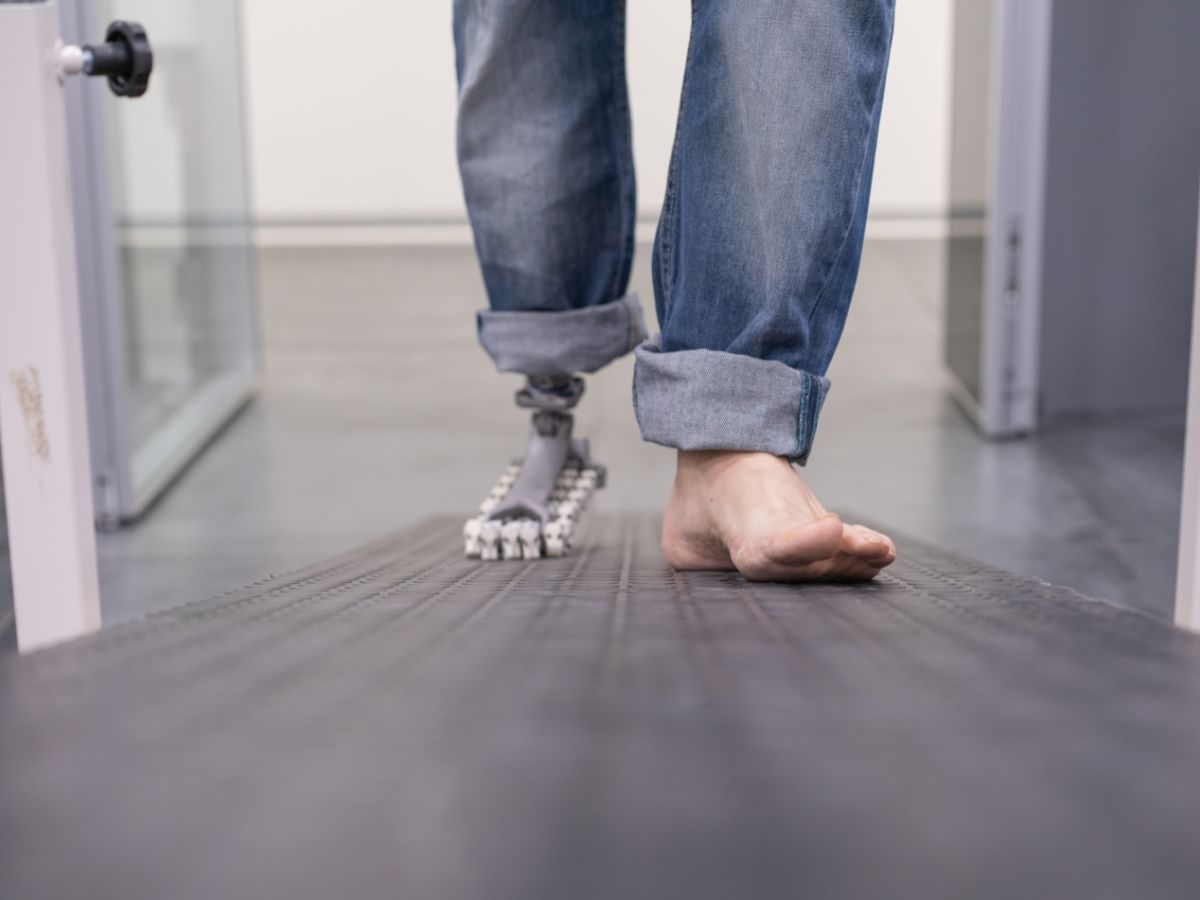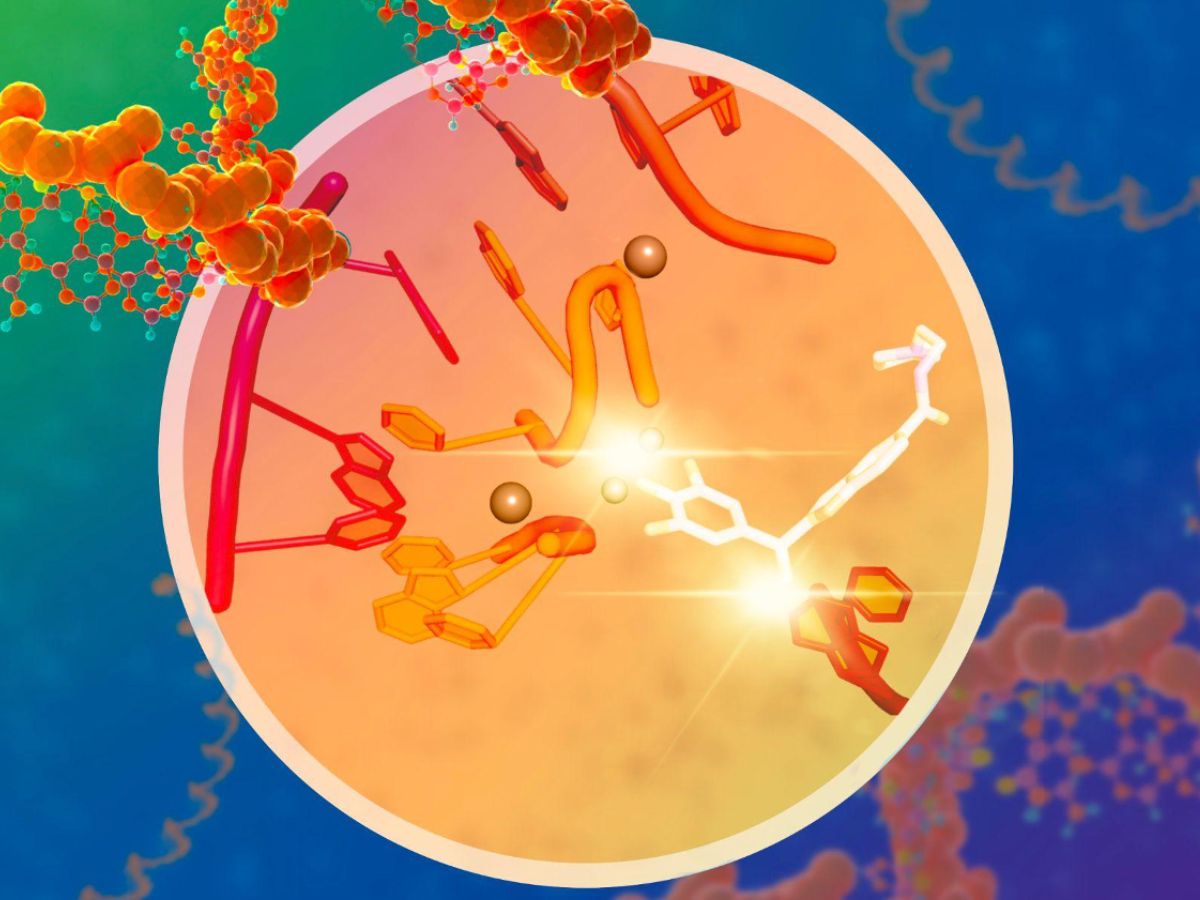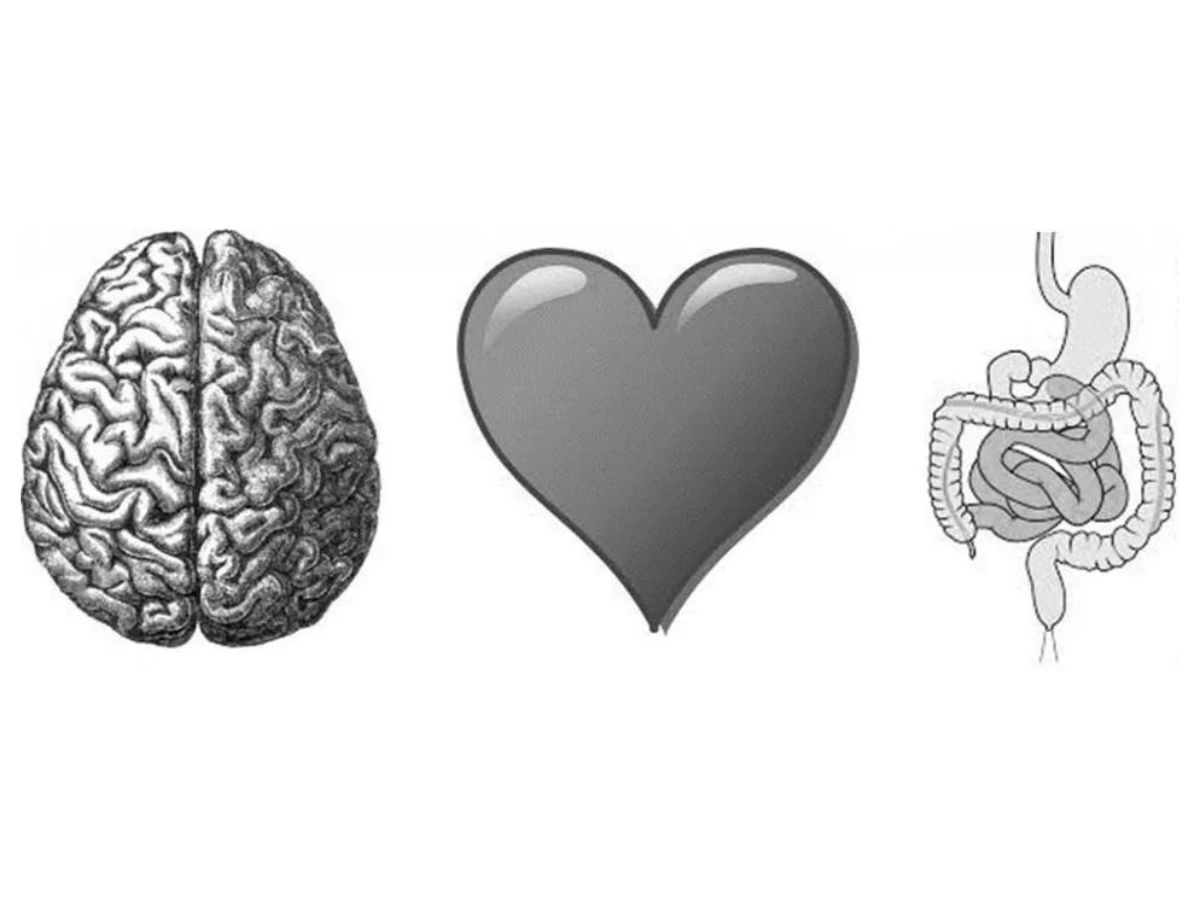Interview with Professor Maria Chiara Carrozza, President of CNR
Maria Chiara Carrozza was appointed President of CNR (Consiglio Nazionale delle Ricerche, National Research Council) by the Minister of Research Maria Cristina Messa on 12 April 2021. We caught up with Professor Carrozza for an interview on the subject of research and innovation. She will be a guest at the G20 event organised by IIT, dedicated to robotics and AI, on 29 July in Genoa (https://opentalk.iit.it/il-g20-alliit-per-un-evento-speciale-dedicato-a-robotica-e-intelligenza-artificiale/).
Professor Maria Chiara Carrozza, in 2007, at the age of just 42, you became the first Rector of the Scuola Superiore Sant’Anna research university, showing, well ahead of the various legislative measures introduced for equal opportunities, that a woman with the right qualities can be chosen to lead a scientific institution. On that occasion, you issued the statement: “You take on this role by merit, and you move forward by merit (and for free)”. A few years later, you asked CRUI (Conferenza dei Rettori delle Università Italiane, Congress of Rectors of Italian Universities) to ensure the presence of quotas for women in Academic Senates and universities’ Boards of Directors. Fourteen years after that appointment, you were the first female President of the CNR after 22 men. What has been missing in recent years and what should be done in the future?
We still have a lot to do to make gender equality a reality, and I think that women have also been unable to reach a critical mass, to form a team. Of course, after almost 100 years, a female leader heading the National Research Council marks a turning point, and so appointments such as mine are still news. I sincerely hope that top roles for women will increasingly become a part of normality. Having said that, I am delighted and honoured to have been chosen and to have been appointed by a woman, Minister Messa, whom I hold in great esteem.
Your studies in physics and your career path in robotics touch on two areas in which Italy is recognised as one of the finest examples at an international level; you also founded an innovative start-up developing wearable robotic technology. Yet in this country, scientific research and advanced technology are still not considered strategic assets, unlike in other European countries such as France and Germany. With the new PNRR (Piano Nazionale di Ripresa e Resilienza – National Recovery and Resilience Plan) and the EU’s Next Generation guidelines, do you think that this approach will change?
Certainly, research and advanced technology in Italy need more investment, and more specifically, structural and ongoing investments. The Recovery Plan represents a great opportunity for implementing a new departure in these sectors, but, I repeat, in addition to the resources that will arrive at this particular point in time, Italy should continue to invest in research, above all in basic research, which always produces major advances and technological outcomes fundamental for the progress of society.
At a European level, you have held some important positions, including chairing the mid-term evaluation Committee of the two FET (Future and Emerging Technologies) Flagships, Graphene and Human Brain, and participation in the Expert Group for the Quantum technologies project. These programmes show that members of the European Union can work together on shared scientific objectives within an ongoing assessment process. What did you take away from these experiences, concepts that you were able to apply in your work at CNR?
The European-level assignments were entrusted to me directly by the European Commission and they taught me a lot about working for a global project in a European area of research, and this outlook will remain part of my work as President of CNR. In addition, the European Commission’s procedure comprises many highly-structured levels of consultation and participation, for member states, stakeholders and researchers; even in research, democracy requires multiple levels of sharing and consultation to function properly, and I have learned how to be patient in constructing a shared working area and a method of professional organisation that complies with regulations and roles.
Your passion for research led you to publish a popular book in 2017, I robot e noi (‘Robots and us’, published by Il Mulino), with the aim of introducing the public to what the future holds in store. The CNR, together with other Italian organisations, is very active in communicating science. For you, how important is it for scientists to be engaged in communications with society at large?
Scientists should know how to communicate with society: citizens have the right to know what is being done with public money in the research sector, because only in this way will they be aware of the decisions that may have to be made. Communicating science is also important for informing the general public about the major challenges facing science today and helping them understand the work of researchers. For example, it is essential that researchers know how to convey the concept of the scientific method, which involves attempts and possible errors before leading to proven results.
In an interview, you mentioned something that your father taught you: “He told me that it is important to have a sense of State, of serving the State”. This is a lesson that you have followed also in your direct political commitment as a Member of Parliament and Minister for Education, Universities and Research. What lessons would you like the new generations to follow in order to build their future?
We have to send a signal to young people, to show them that by studying, applying science and knowledge, and acquiring skills, they have the tools to change the future and face up to challenges. For this reason, there is an important consideration about STEM graduates: there are not enough of them. Without people trained in hard science, we will not be able to take on the issues facing us, we won’t make it. We also have to restore the meaning of politics as a noble profession, as a service to the institutions. Vito Volterra, founder of the CNR, is a great example of the close relationship between science and politics.

